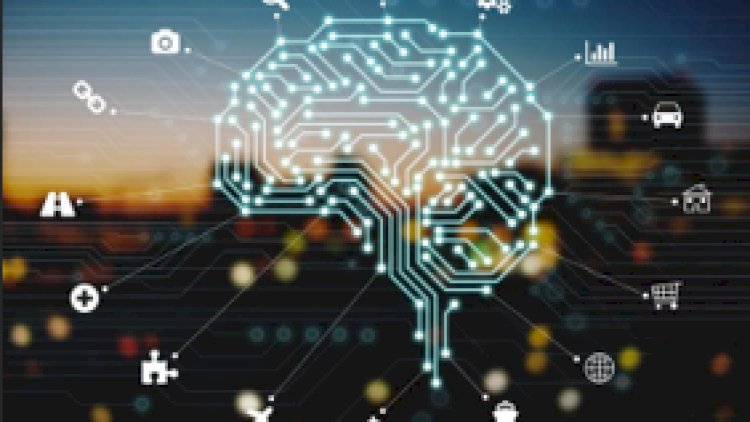Smart Agriculture: AI for Sustainable Farming
Smart agriculture leverages AI technologies to enhance farming efficiency, reduce resource usage, and promote sustainability. By integrating AI into various aspects of agriculture, farmers can optimize crop yields, predict environmental impacts, and ensure a more sustainable future. This blog explores key areas where AI is making a significant difference in sustainable farming practices

1. Precision Farming with AI Precision farming involves using AI and machine learning to analyze data from various sources, such as satellite imagery, soil sensors, and weather forecasts. This analysis helps farmers make informed decisions about planting, watering, and harvesting, leading to optimized crop yields and reduced resource wastage.
2. AI-Powered Pest and Disease Management AI systems can detect and diagnose plant diseases and pest infestations early by analyzing images and sensor data. This enables farmers to take timely action, reducing the need for harmful pesticides and ensuring healthier crops. Machine learning algorithms can also predict pest outbreaks, allowing for proactive measures.
3. Autonomous Farming Equipment The advent of AI-driven autonomous machinery, such as tractors and harvesters, is revolutionizing agriculture. These machines can operate with minimal human intervention, performing tasks like planting, weeding, and harvesting with high precision. This not only increases efficiency but also reduces labor costs and environmental impact.
4. Sustainable Resource Management AI helps in optimizing the use of water, fertilizers, and other inputs by analyzing data on soil health, weather conditions, and crop needs. Smart irrigation systems, powered by AI, ensure that water is used efficiently, reducing wastage and conserving this precious resource. Similarly, AI can recommend the precise amount of fertilizers needed, minimizing environmental contamination.
Conclusion:
AI is playing a pivotal role in transforming agriculture into a more sustainable and efficient industry. By adopting AI technologies, farmers can achieve higher productivity while conserving resources and reducing environmental impact. The future of farming lies in leveraging AI to create a balance between meeting the growing food demands and preserving the environment. Embracing smart agriculture practices not only benefits farmers economically but also contributes to global sustainability efforts.



































Comments (0)